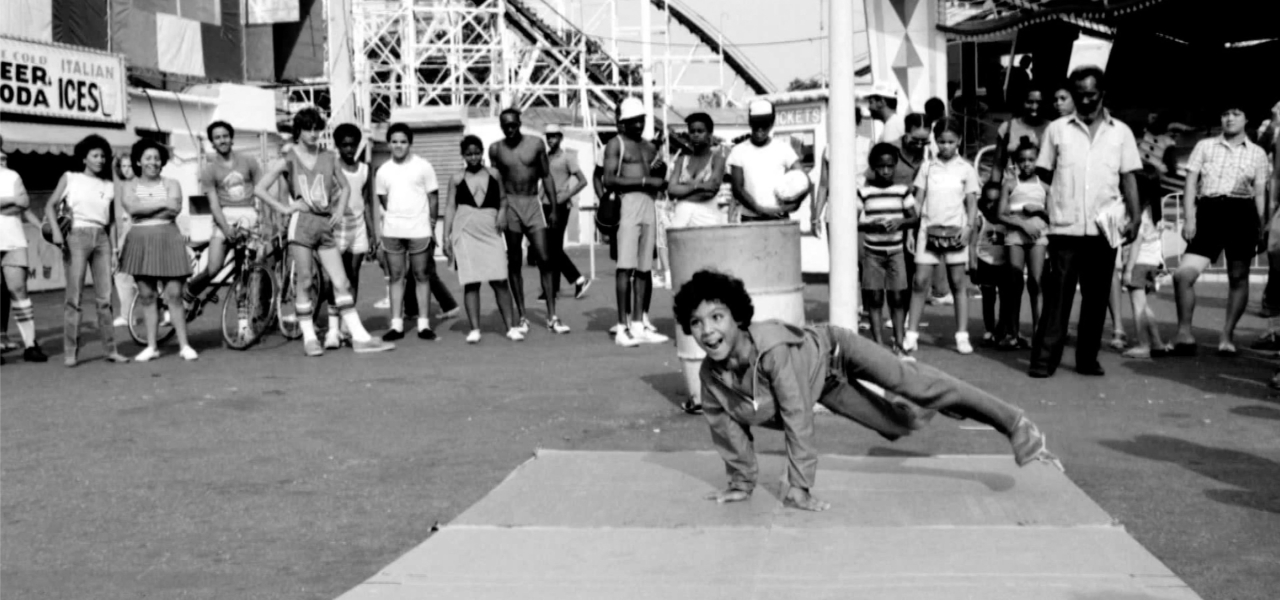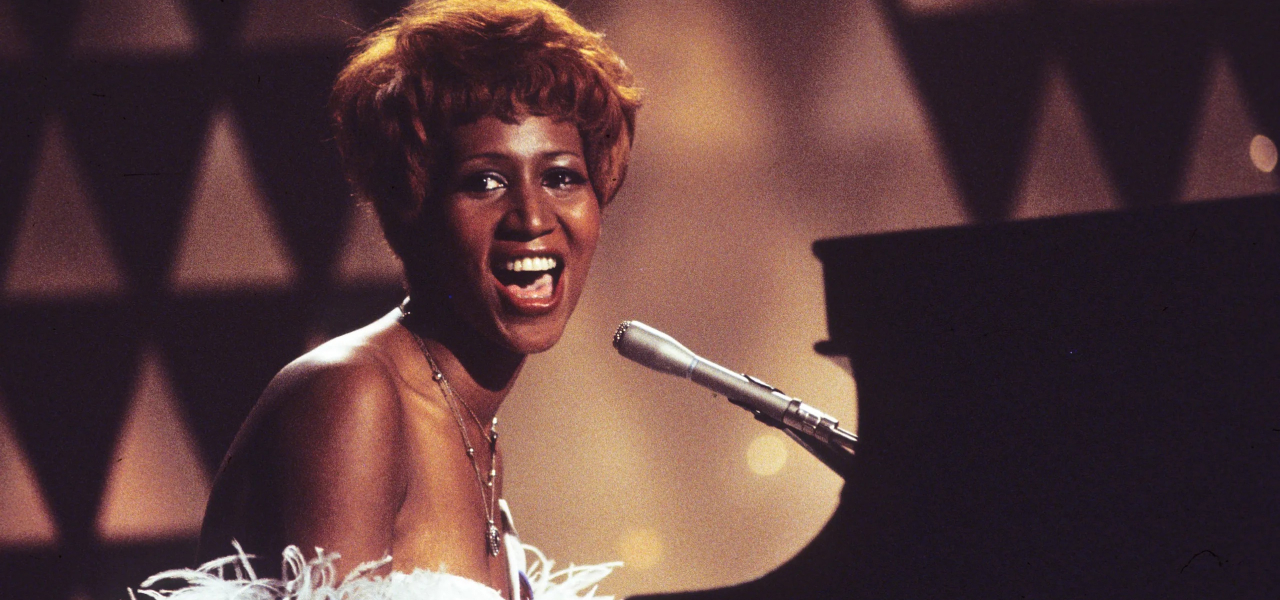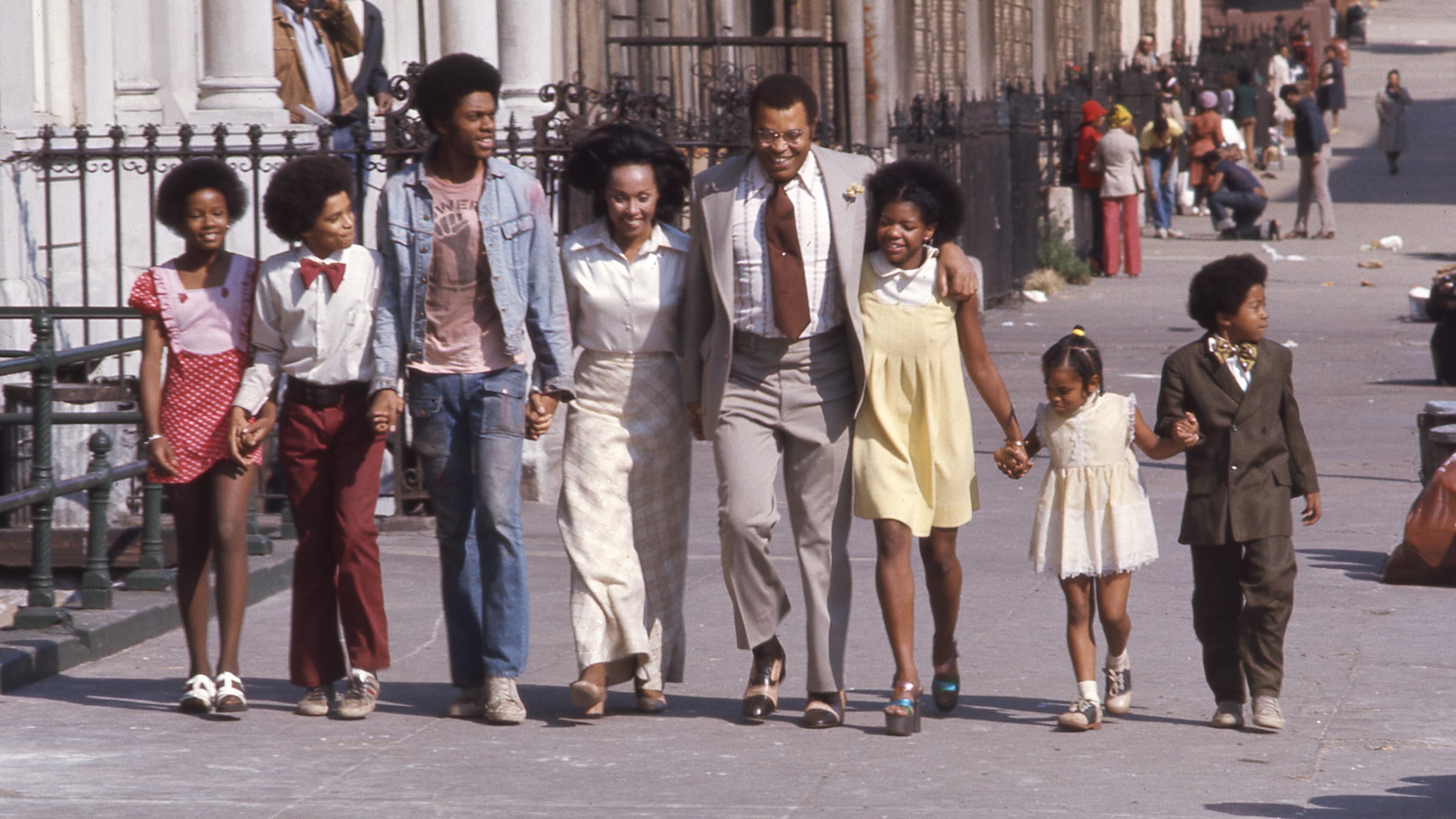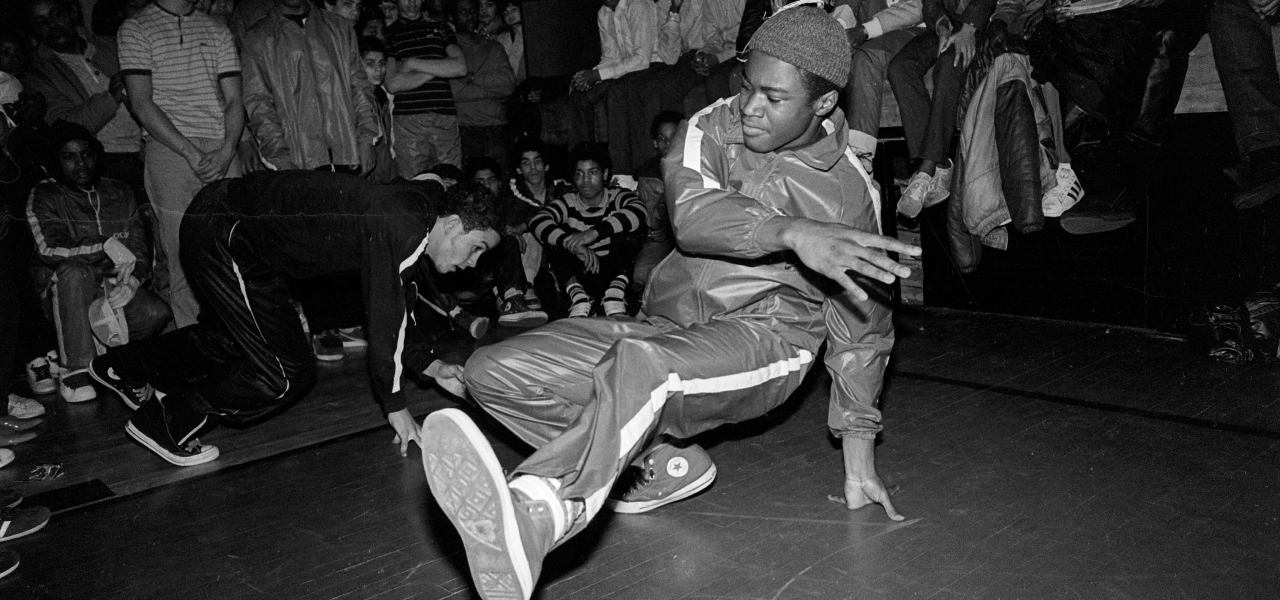- The creator of “Express Yourself” discusses his life and legacy
“Express Yourself” is more than just a song; it’s a cultural touchstone, celebrated for its infectious groove and empowering lyrics. Its enduring popularity has solidified Charles Wright‘s place as a true legend in the world of music. Yet, Charles Wright’s legacy extends far beyond a single hit. His extensive discography is a testament to his ability to blend funk, soul, and R&B seamlessly. Tracks like “Love Land” and “Do Your Thing” showcase his profound influence. His songs resonate with listeners on a personal level, making him an iconic artist.
He is, at 83, still making timeless music and has recently released a new single titled “Doing it on the Flo” that he wrote and produced. Go ‘head, Mr. Wright! Regarding this new single, he explains it simply via the single’s video on his Youtube channel, “I’m excited to release “Doing It On The Flo” to my fans and music lovers everywhere. This song represents the essence of my music and reflects the joy and energy that I bring to my performances.” We couldn’t agree more.
Furthermore, the excitement is palpable for fans of Charles Wright as he’s diligently working on an upcoming book titled “Express Yourself.” This endeavor promises to provide a deeper insight into his life, his remarkable music, and the era that defined his career. Although the release date is yet to be unveiled, it’s highly anticipated by those eager to explore his life and legacy.
In this article
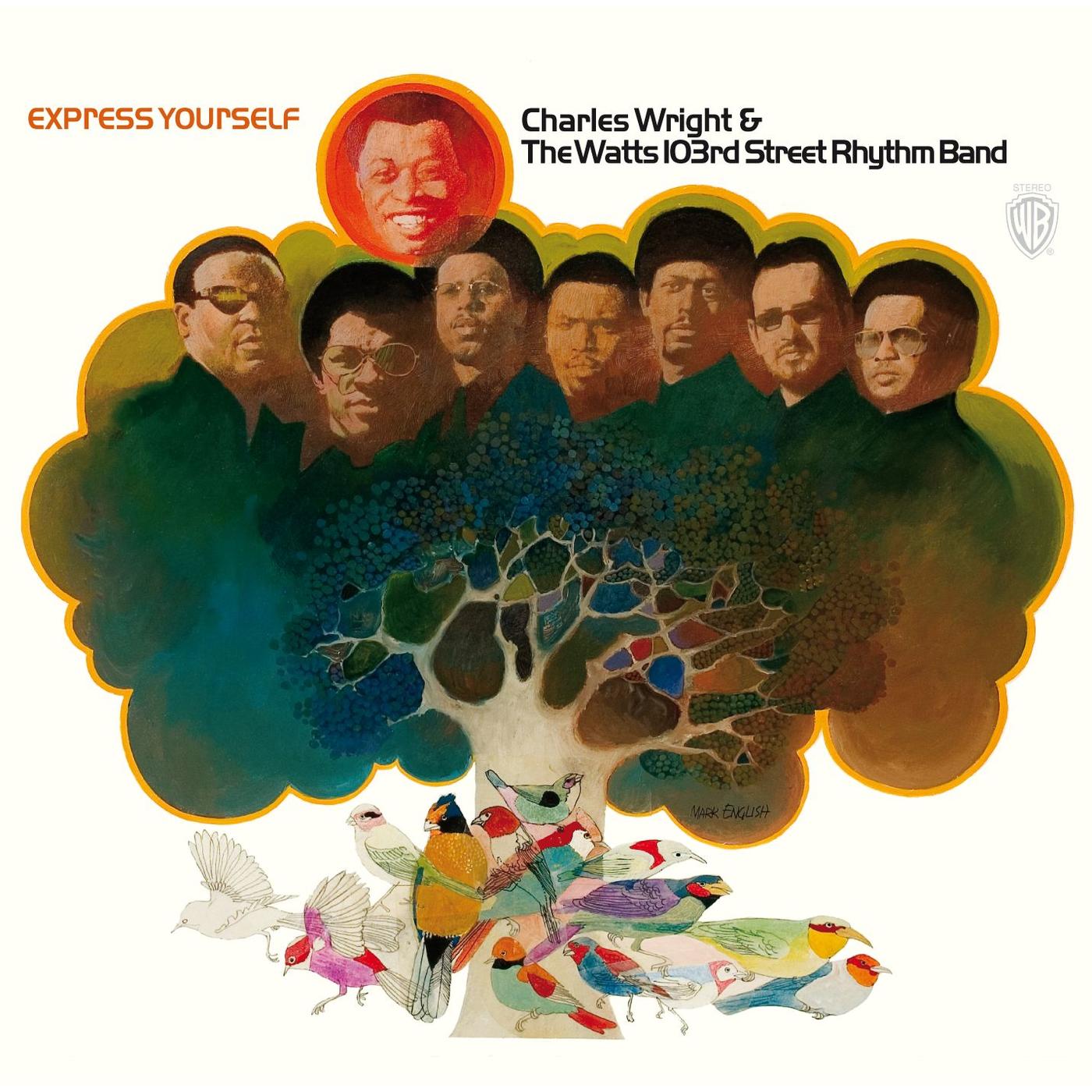
Express Yourself
Charles Wright & The Watts 103rd Street Rhythm Band
Album: Express Yourself
We were able to catch up with Mr. Wright this week! Lucky for us, he was so gracious and offered so much insight into his musical journey. So, whether you’re a devoted fan or new to his legacy, please keep reading because we discussed his influences, his start singing doowop (can y’all believe that?), and one of his most memorable performance experiences of all time.
Q: Can you share a vivid memory from your early years in music that had a profound impact on your musical journey?
A: The day I met my mentor Jesse Belvin was the most important day of my life. I looked him up in the phonebook and called him up. I told him I wanted to be a part of what he was doing because I had no idea how to get into the music industry but I had aspirations. He invited me to his rehearsal with a group called The Turks who had records on the radio like himself. That was one of the greatest days of my life.
Q: Your song “Express Yourself” is iconic and has resonated with people for decades. What inspired you to write that song, and what message did you hope to convey through it?
A: One night at a concert at Texas A&M college, I closed the show with “Do Your Thing” , one of our biggest hits at the time. The kids kept clapping and stomping –I don’t know what made me say it–it had to be God, but something made me say “express yourself” and the crowd went wild. That night, I took my guitar and notepad back to my hotel room and started working on that song.
Q: Throughout your career, you’ve explored various genres of music, from R&B to funk and beyond. How has your musical style evolved, and what drove these changes?
A: I started out singing doowop and I had to recreate a song that was called “Love Land” so I changed the style of my music at that point from doowop to what you call Funk. I don’t like to put myself into any category. I just tell people I make good music. The industry will try to put you in a box and I try to stay out of that box.
Q: Could you describe a moment when you faced a significant challenge or obstacle in your career and how you overcame it?
A: I had jealous people in my band who challenged me. I can’t say I overcame that, I just had to regroup.
Q: Many artists have a specific creative process or ritual they follow when writing songs. What is your creative process like, and how has it evolved over time?
A: I believe God sends us all something we usually don’t document. I think he sends ideas to my head and I try to capture them when he sends them. Writing isn’t something you decide to do. It comes to you somehow out of the blue. When it comes, you have to be intelligent enough to capture it.
Q: Your music has often carried messages of social and cultural significance. Are there any particular social or political issues that have inspired your music, and how do you believe music can impact change?
A: I do whatever I can with my lyrics to bring people together because of a lot of what’s going on in the world today. Music is a universal language that everyone can understand–mostly by the feeling of music. I believe music can bring people together.
Q: In the era of digital music and streaming, the music industry has changed significantly. How do you think these changes have affected both artists and listeners, and what are your thoughts on the future of the music industry?
A: In my thoughts I hope that we can get back to genuine music where musicians are playing together. Like a football or basketball team, playing together creates a spiritual aspect rather than making music with a machine… you lose the essence of music as far as I’m concerned. The essence makes you feel. A machine has no heart. I urge young musicians to take up a course in music theory.
Q: Are there any artists or musicians who have had a profound influence on your own work, and what was it about their music that resonated with you?
A: Jesse Belvin had such a beautiful voice. It was different. The feeling of his music was warm and tender. I fell in love with his style of music and to this day I take every opportunity to listen to his old records. They still linger in my heart.
Q: Over the years, you’ve performed on stages around the world. Can you share a memorable performance experience that stands out to you, whether it was due to the audience’s reaction or a personal connection to the song you were performing?
A: In 1969, I was working on a film that was supposed to be the next Woodstock type of film called The Great Big Medicine Ball. At the end of performing my song “Comment”, the director asked us to hold up so that they could reload the film in the camera again. The audience was so into the song and performance that it brought out every emotion you could imagine. Once the song was finished the director told us to start from the top and redo the song as if we could recreate that same experience. The second version was atrocious. That was the worst thing they could have done. “Comment” spoke about racial and social concerns and I feel like they didn’t want the world to hear that message. I still kick myself in the butt for redoing that performance.
Q: Music often serves as a source of inspiration and solace for people during challenging times. What role do you believe music plays in healing and connecting people, especially in today’s world?
A: In today’s world that’s a confusing issue for me because some of the things coming out of the mouths of the youth are nowhere close to healing music. There are few songs here and here that have meaning but for the most part I think we’re in trouble.
Q: Looking back on your career, what are you most proud of as a musician and artist?
A: I’m most proud of “Express Yourself”. It’s a monetary blessing and it keeps me alive.
Q: Many aspiring musicians and songwriters look up to you as a role model. What advice would you give to young artists who are trying to make their mark in the music industry?
A: Please! Please, please as I’ve said before–take up music theory and learn how to play together. Making music by the machine is not bringing us together as it should.
Now, as we wrap up our conversation with Charles Wright, we can’t help but feel like we’re chatting about a friend’s extraordinary life full of authenticity and depth. He’s watched the music industry and culture, in general, change over the decades. He reminds us of the profound impact that everyday experiences can have on our world. Charles Wright stands as a living testament to the fact that music is, at its core, an expression of the human experience that we can all relate to. So, as he encourages young musicians to embrace the essence of music, it’s as if he’s sharing a bit of sage advice that we can all use no matter our age – something that has made his own path nothing short of extraordinary.
DISCLOSURE: This post may contain affiliate links, meaning we get a commission if you decide to make a purchase through our links, at no cost to you. Please read our DISCLOSURE for more info.
You may also like
The 70s Soul HipHop Sample You Need To Hear
The Camp Lo hit that sampled 70s soul
Jamming to Aretha Franklin’s “Jump”
Jamming to Aretha Franklin’s “Jump” “Jump” was part of the Warner Bros. film "Sparkle and
Black Cinema Month: Claudine
This film showed a new dimension of the Black experience. Y’all remember this movie? Take
The Influence of 70s Soul Music on Hip-hop
The Influence of 70s Soul Music on Hip-hop70 Ways That Soulful Sounds Shaped the Hip-hop
